
The Benefits of Smart Office Security Systems
Smart office security is a new approach for protecting your business assets. Your office contains electronics, documents, equipment, furnishings — and most importantly, people — all of which need safeguarding.
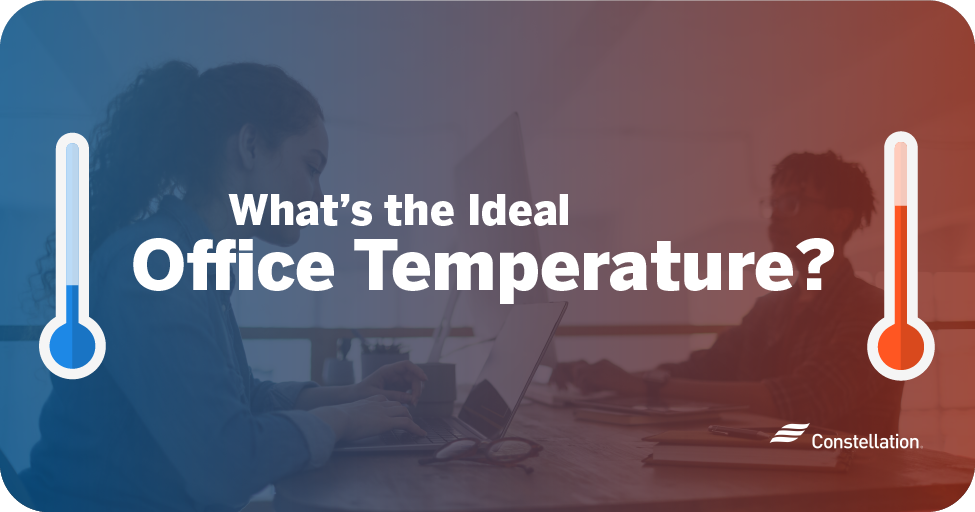
What’s the Ideal Office Temperature?
Do you know what the ideal office temperature is? The answer to that question can kick off office temperature wars that play out at your thermostat.
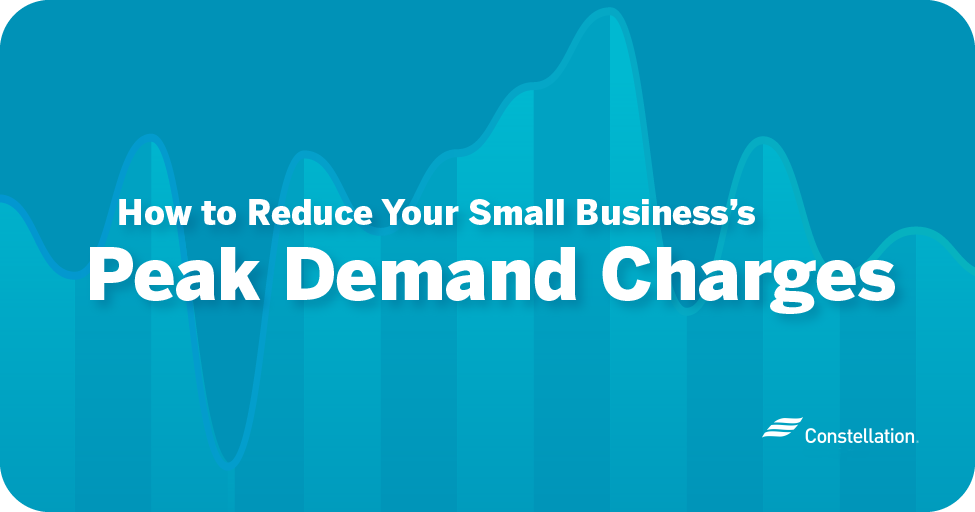
How to Reduce Your Small Business’s Demand Charges
When you get your small business electric bill, you’ll see two big charges: one for demand and one for consumption. Consumption measures the electricity use over time in kilowatt-hours (kWh) for each billing cycle.

How to Stay Cool at Work in the Heat
High summer temperatures mean more than high energy costs for your business — if your workplace is too hot, it can drag productivity and morale down. It can also harm worker health.
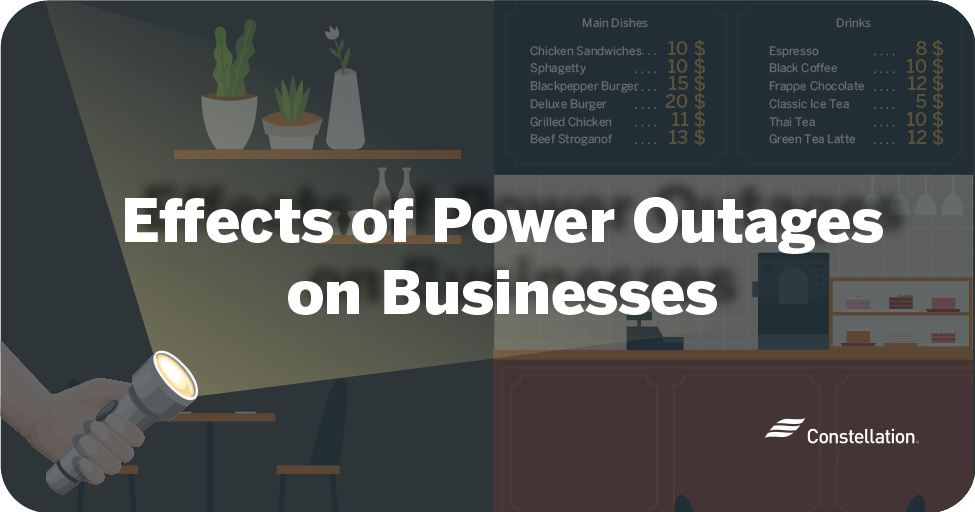
Effects of Power Outages on Businesses
The effects of power outages on businesses are immediate, but they can also have long-lasting impacts. Nearly every business operation today depends on electricity.

How to Automate Your Office to Save Energy
It can be expensive to keep your small business up and running. From equipment maintenance and repairs to lighting the premises, the costs associated with operating a workplace can quickly add up.

7 Environmentally Friendly Work Practices
As a business owner, you know that operating within a budget is a top priority. With so much focus placed on keeping your business up and running, you may not always have time to think about the environmental impact your business is having.
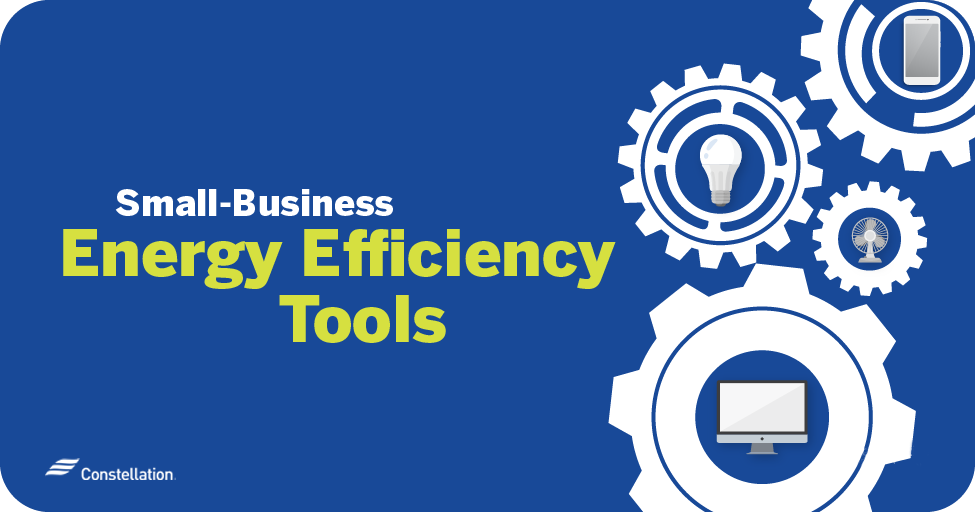
Small-Business Energy Efficiency Tools
As a small-business owner, it’s easy to get caught up in all the day-to-day tasks that keep your company running. It may be hard for you to find a chance to stop and think about your energy usage, or perhaps you feel that there’s too much strategizing and research to be done before you can

Who Is My Small Business’s Energy Supplier?
If your small business is like most, a reliable, affordable supply of energy is critical to its success. But do you know what energy company services your business?
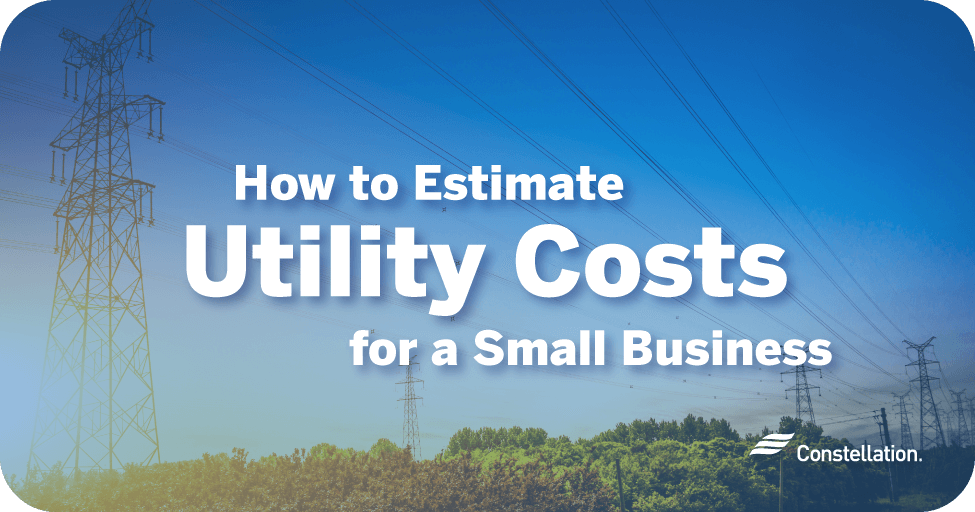
How to Estimate Utility Costs for a Small Business
Managing business utilities and costs can be critical to maximizing your profit margin. Because utilities make up such a large portion of your overhead, how you manage expenses will impact your bottom line.

How Your Small Business’s Energy Pricing Is Determined
Ever wonder how the prices of electricity and natural gas are determined for small businesses? It’s an important question if you want to understand where your business’s energy costs come from.

